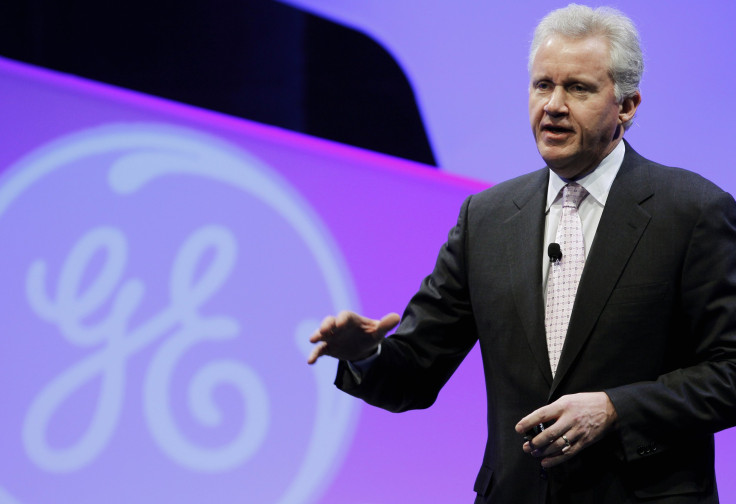GE's Immelt Pledges Huge Green Energy Spending Through 2020

The General Electric Company (NYSE: GE) is spending $10 billion to renew its “ecoimagination” initiative to invest in clean and efficient energy projects like waterless hydraulic fracturing and wind turbines that adapt to wind speed and direction by 2020, chairman and CEO Jeff Immelt announced Monday in Washington, D.C., at a conference hosted by GE.
“There’s efficiency and economics … and we don’t think you have to give up one to get the other,” Immelt said.
GE’s oil and gas business segment is the company's fastest growing segment as it seeks to become the largest supplier of equipment and services to the industry during the ongoing natural gas boom in the U.S.
Part of the $10 billion investment will go to developing alternative technologies to replace water in the hydraulic fracturing process. GE is working with Norway-based Statoil, a “very environmentally conscious organization,” Immelt said, to evaluate whether a system using carbon dioxide in place of water could be made economically viable for large-scale use.
GE will also research how to increase power plant efficiencies, and how to reduce the cost and increase the output of its wind turbines to lower wind power generation costs.
GE wants to make those goals economically viable without subsidies, Immelt said.
The company’s R&D is developing “brilliant” wind turbines with sensors to detect the direction and speed of wind. The turbines are designed to harness the most wind as possible to generate the most energy possible.
To reduce the amount of natural gas flared, or released instead of captured when transport costs are too high, GE is partnering with Ferus Natural Gas Fuels. GE will compress methane and load it onto Ferus’ compressed natural gas storage trailers to transport it to consumers.
The ecoimagination project, launched in 2005, has cost nearly $15 billion so far while bringing in $160 billion in revenue. GE’s operations are now releasing 34 percent less in greenhouse gas emissions than in 2004 and 46 percent less freshwater since 2006, saving the company $300 million, GE reported.
The initiative would have expired in 2015. The additional $10 billion will extend the project another five years.
© Copyright IBTimes 2025. All rights reserved.






















